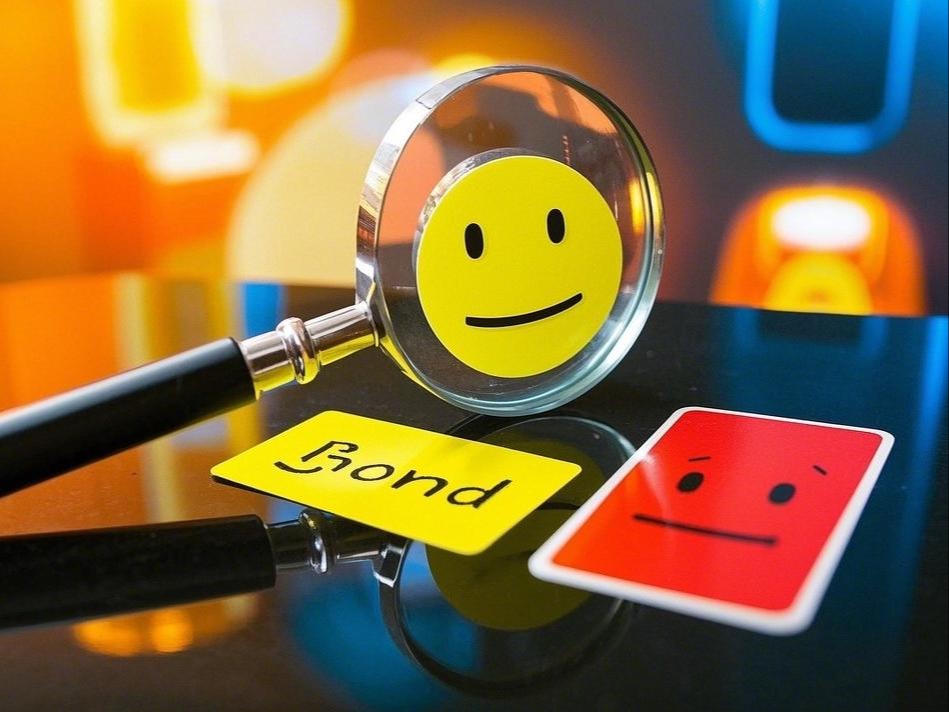Ever find yourself scrolling through endless news alerts, only to feel numb by the time you reach the tenth headline about disaster, scandal, or crisis? Yeah, you’re not alone. A recent study just confirmed what many of us have suspected: the more headlines we consume, the less we actually care. And before you blame yourself for being heartless, science says it’s not entirely your fault.

The Brain’s Overload Response
Our brains weren’t built for the 24/7 news cycle. Back in the day, bad news came in small doses—maybe a town crier announcing a local tragedy or a newspaper reporting on a single major event. Now? We’re drowning in a firehose of doomscrolling, where every swipe brings another catastrophe.
Researchers call this "compassion fatigue." Basically, when we’re bombarded with too much distressing info, our brains hit the emotional brakes to protect us. It’s like your mind’s version of muting a group chat that won’t stop buzzing.
The Desensitization Spiral
Here’s the messed-up part: the more we see, the less we feel. Studies show that constant exposure to negative news dulls our emotional responses over time. That first headline about a natural disaster might make you pause, but by the fifth or sixth similar story, your brain starts treating it like background noise.
This isn’t just about laziness—it’s a survival mechanism. If we reacted with full emotional intensity to every tragedy in the world, we’d be exhausted before lunch. But the downside? Important issues start blending together, making it harder to muster outrage, empathy, or even the energy to click and read deeper.
The Clickbait Trap
Media outlets know this, and some play right into it. Sensational headlines grab attention, but they also contribute to the numbing effect. When every crisis is framed as "the worst ever" or "unprecedented disaster," those words lose their punch. After a while, even serious events start feeling like just another drop in the endless bad-news bucket.
How to Stay Engaged Without Burning Out
So, what’s the fix? Going full hermit and ignoring the news isn’t the answer (though a digital detox now and then doesn’t hurt). Instead, try these science-backed strategies to stay informed without checking out emotionally:
1. Limit Your Headline Surfing
Set boundaries. Instead of refreshing your news feed every five minutes, pick one or two trusted sources and check in at specific times. Your brain will thank you.
2. Go Beyond the Headline
If a story matters to you, read past the clickbait. Deep dives help re-engage your empathy by giving context and human stories—not just shock-value snippets.
3. Balance the Bad With the Good
Seek out positive or solution-focused news to remind yourself that not everything is doom and gloom. (Yes, good news exists—it just doesn’t always go viral.)
4. Take Action When You Can
Compassion fatigue fades when you turn awareness into action. Even small steps—donating, volunteering, or just sharing accurate info—can reignite your sense of impact.
The Bottom Line
The news cycle isn’t slowing down, but you can train your brain to handle it better. By being selective, digging deeper, and balancing consumption with action, you can stay informed without becoming emotionally numb. Because the world needs people who care—not just people who scroll.
























